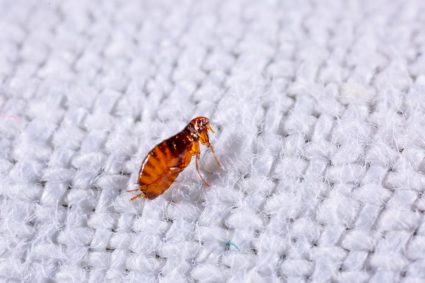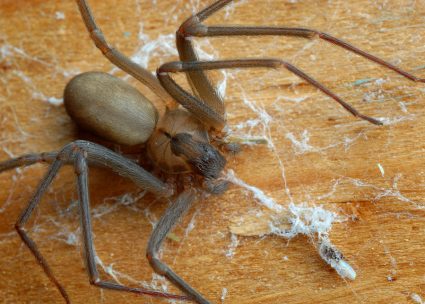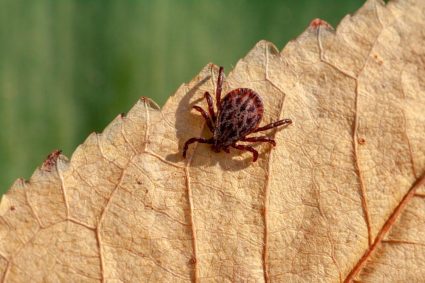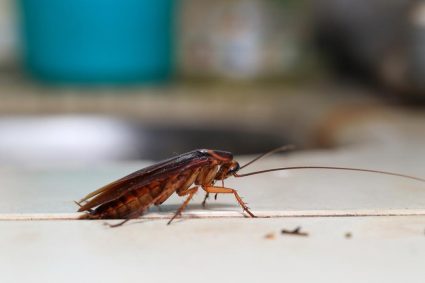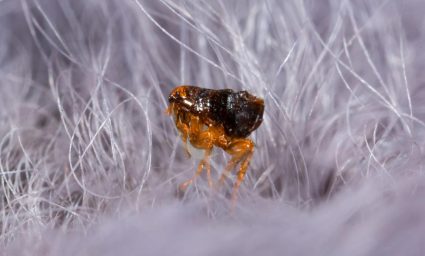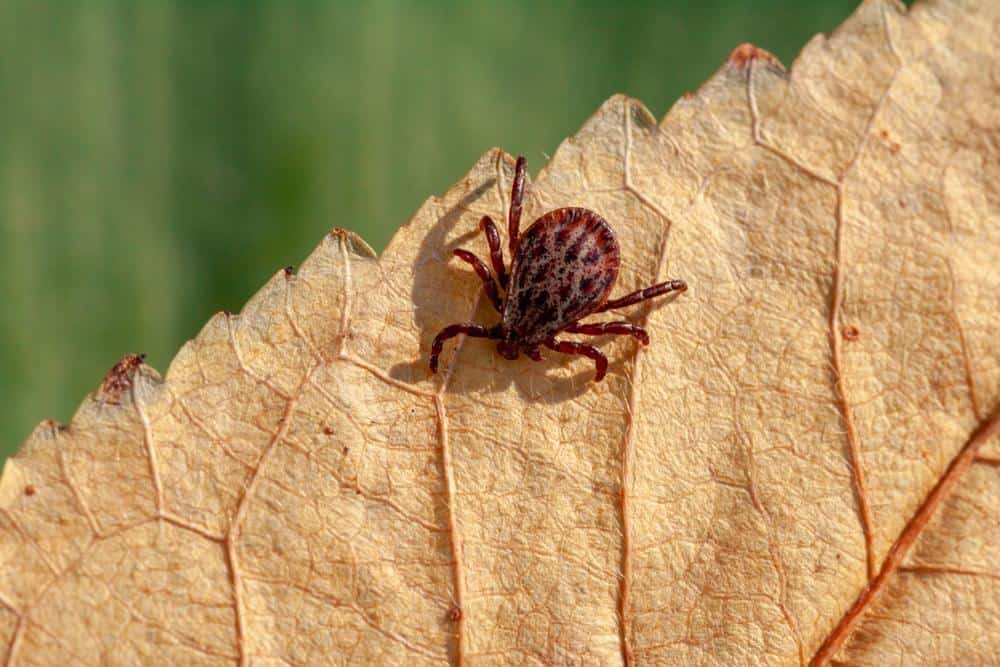
Lysol is a well-known disinfectant that’s touted for its ability to kill germs and bacteria. But if you’re dealing with a bed mite infestation, you may be wondering, “Does Lysol kill bed mites?” The answer is yes. Lysol can kill bed mites, but it’s essential to understand how it works, how to use it properly, and what other measures you should take to effectively rid your home of these pesky creatures.
Yes, Lysol can kill bed mites. Its main active ingredient, benzalkonium chloride, can eliminate up to 99% of germs, including dust mites. To use it effectively, spray Lysol directly onto infested surfaces, let it sit for about 10 minutes, then wipe it down. However, Lysol is not a specialized bed bug pesticide, and its use should be part of a comprehensive approach to manage and prevent bed mite infestations.
What Are Bed Mites?
Before we delve into the effectiveness of Lysol against bed mites, let’s first understand what bed mites are. Bed mites, also known as dust mites, are microscopic creatures that feed on dead skin cells. They are commonly found in mattresses, pillows, carpets, and upholstery. These tiny creatures can trigger allergies and asthma attacks in some individuals.
How Does Lysol Kill Bed Mites?
Lysol’s main active ingredient is benzalkonium chloride. This ingredient, along with other antiseptic agents present in Lysol, can eliminate up to 99% of germs that cause illnesses and allergies, including dust mites.
To use Lysol effectively against dust mites, you need to spray it directly onto infested surfaces, such as mattresses, bedding, upholstered furniture, and carpeting. After spraying, let it sit for about 10 minutes before wiping it down with a damp cloth.
However, it’s essential to know that while Lysol can kill dust mites, it is not a specialized pesticide for bed bugs. Bed bug infestations typically require more targeted treatments, such as heat treatments or specific pesticides designed for bed bugs.
Risks and Side Effects of Using Lysol
While Lysol can effectively kill bed mites, it’s not without risks. Some people may experience skin irritation or allergic reactions from the chemicals in Lysol. It’s also crucial to avoid inhaling the spray, as it can cause respiratory problems.
Always follow the manufacturer’s instructions when using Lysol and keep it out of reach from children and pets.
Other Methods to Get Rid of Bed Mites
While Lysol can help in your battle against bed mites, it’s just one piece of the puzzle. To effectively get rid of bed mites, you should also:
- Wash all bedding in hot water regularly
- Use dust mite-resistant covers for your mattress and pillows
- Keep your home’s humidity level below 50%
- Vacuum and dust your home regularly
- Consider using essential oils or diatomaceous earth as natural alternatives
- If the infestation is severe, hire professional cleaners
Conclusion
Lysol can kill bed mites, but it should be used as part of a comprehensive approach to managing and preventing bed mite infestations. Always remember to use Lysol safely and in accordance with the manufacturer’s instructions.
Knowledge is power, and by understanding how bed mites live and what kills them, you can take back control of your home and your health. Whether you choose to use Lysol, natural alternatives, or professional cleaning services, the key to success is consistency and persistence. Don’t let bed mites take over your home – start fighting back today.
Frequently Asked Questions
Can Lysol be used as a preventive measure against bed mites?
Yes, Lysol can be used as a preventive measure. Regularly spraying it on potential infestation areas such as mattresses, bedding, and upholstered furniture can help keep bed mites at bay. But remember, it’s just one part of a comprehensive prevention strategy.
Is Lysol effective against other types of mites?
Lysol is effective against a broad spectrum of germs and can kill various types of mites. However, its effectiveness may vary depending on the specific type of mite and the level of infestation.
How often should I use Lysol to get rid of bed mites?
The frequency of application will depend on the severity of the infestation. For a mild infestation, it might be enough to use Lysol once a week. However, for more severe cases, it may be necessary to use it daily until the problem is under control.
Can I use Lysol on all types of surfaces?
Lysol can be used on most hard, non-porous surfaces. However, it’s always best to test it on a small, hidden area first to ensure it doesn’t cause discoloration. For delicate or porous materials, it’s best to seek professional advice.
Can I use Lysol if I have pets?
Yes, you can use Lysol if you have pets, but make sure to keep them away from the area while you’re spraying and until the surface is completely dry. Additionally, make sure to store Lysol out of their reach.


